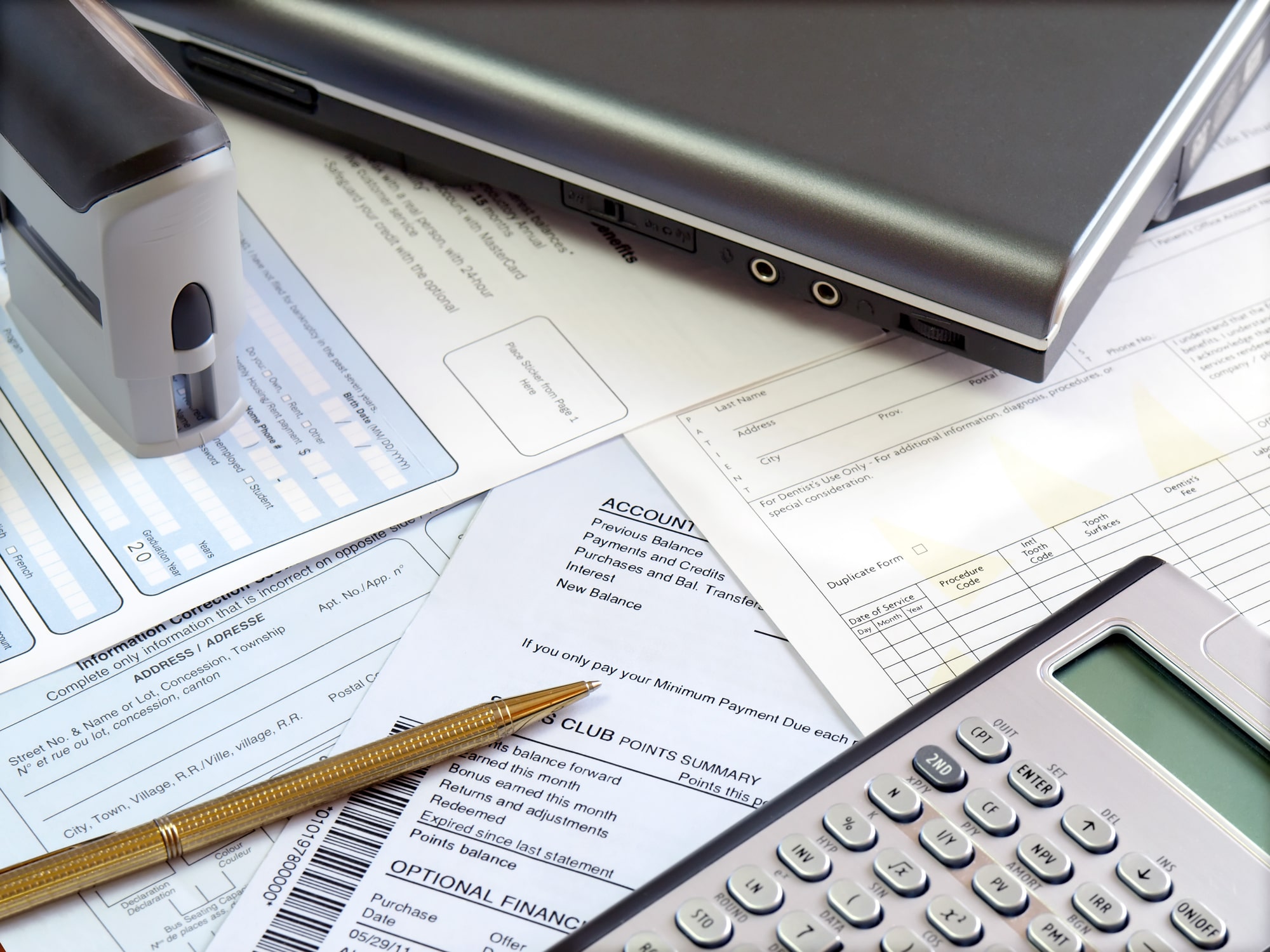The decision to file for Chapter 7 bankruptcy is a significant step in regaining financial stability, but it comes with concerns about the long-term repercussions, especially on one’s credit score. Our friends, Chapter 7 bankruptcy lawyers from Wright Law Offices, provide insight to help people in financial straits understand the effects of bankruptcy. They dispel myths about the process to help you make the right choices for financial recovery.
Understanding The Basics Of Credit Scores
Credit scores are numerical representations of an individual’s creditworthiness, typically ranging from 300 to 850. Higher scores indicate better creditworthiness, while lower scores suggest higher risk to lenders. The immediate impact of filing for Chapter 7 bankruptcy is a decrease in the individual’s credit score. When the bankruptcy is listed on your credit report, it signals to creditors that you may be a credit risk.
Duration Of The Impact
Chapter 7 bankruptcy remains on a credit report for ten years from the filing date. While this may seem like a daunting timeframe, it’s crucial to recognize that the impact on a credit score lessens over time. Responsible financial behavior following bankruptcy can help individuals rebuild their credit sooner than they might expect.
Secured Credit Cards
Secured credit cards, where the credit limit is backed by a cash deposit, can be a valuable tool for rebuilding credit. Making timely payments on these cards demonstrates responsible credit use and can positively impact a credit score.
Timely Payments And Responsible Credit Use
Consistently making on-time payments on existing debts, such as car loans or student loans, and practicing responsible credit use are crucial components of rebuilding credit. Lenders and credit bureaus take note of these positive financial behaviors.
Credit-Building Loans
Credit-building loans, specifically designed to help individuals rebuild credit, can be an effective strategy. These loans typically involve borrowing a small amount with fixed monthly payments, allowing for a positive payment history to be reported to credit bureaus.
Regular Monitoring Of Credit Reports
Regularly monitoring credit reports is essential for identifying inaccuracies and ensuring that the information reflects one’s current financial situation. Disputing inaccuracies promptly is crucial for maintaining an accurate credit history.
Debunking Bankruptcy Myths
While Chapter 7 bankruptcy does have a significant impact, the notion that it permanently ruins credit is inaccurate. With responsible financial management, individuals can rebuild their credit over time.
Seeking Professional Guidance
Individuals considering Chapter 7 bankruptcy should seek professional guidance from a bankruptcy attorney. Legal professionals can provide insights into the specific implications of bankruptcy on an individual’s unique financial situation and offer advice on rebuilding credit.
The impact of Chapter 7 bankruptcy on a credit score is significant but not insurmountable. By understanding the process, debunking myths, and taking proactive steps toward responsible financial behavior, individuals can navigate the post-bankruptcy period with confidence. Seeking professional guidance and adopting a strategic approach to credit rebuilding can pave the way for a brighter financial future. Remember, the journey to rebuilding credit begins with the first steps taken after bankruptcy.

